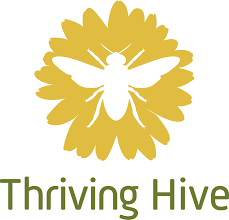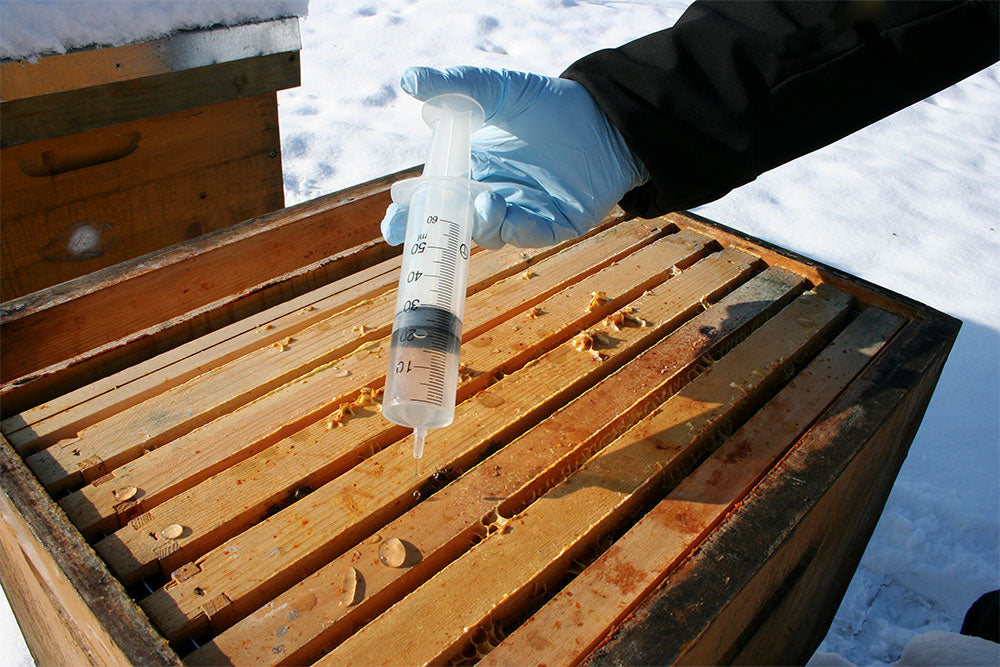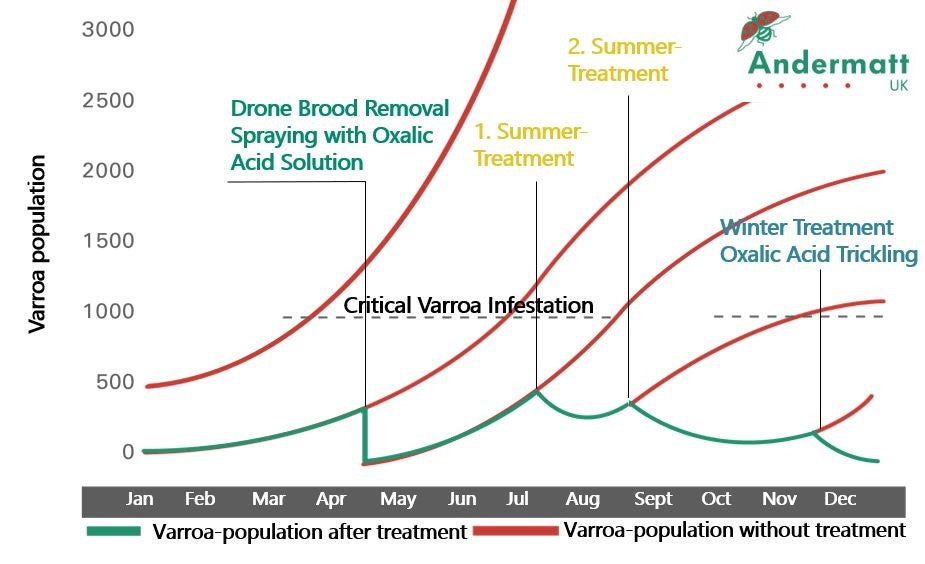By Dylan Devaney, Bee Health Specialist
Thriving Hive's New Pollution Study on Bee Health
Thriving Hive is a new citizen science study from the centre for Agroecology, Water and Resilience at Coventry University. It's focused on air pollution and the impact that this has on honey bee health and productivity.

This area of research has had little attention up to this point, but with pollution impacting many aspects of modern life today, this study is poised to unearth the reach that pollution has into the world of apiculture.
This is what Thriving Hive have to say about this innovative study:
“Honeybees are facing many threats including habitat loss, degradation, and fragmentation; non-native species and diseases; pollution, including pesticides; and climate change.
Air pollution could also have an impact but it has been the subject of little research. This project aims to understand the effect of air pollution on honeybee health and productivity.
Our first step is to map one component of air pollution, particulate matter (PM), and to see if particulate matter makes its way into the hives, the bee’s bodies and their hive products and investigate whether that correlates with disease, parasite loads and productivity.”
I’m very excited by this study; as beekeepers we frequently take hive products from our colonies in the form of wax, sometimes pollen and propolis and of course the golden prize, honey.

Knowing what level of particulate matter is being absorbed into the hive and if this has any correlation with disease, parasite loads, and productivity, is useful to know and may influence the way we keep bees in the future.
Initially Thriving Hive is looking to monitor 60 beekeepers across the Midlands to take part, and to standardise the level of environmental differences between them.
Each beekeeper will need at least 2 hives, and sensors will be issued to the beekeepers to monitor the pollution in the apiary. Samples of bees, honey, pollen and wax samples will be taken by the beekeeper and sent off for analysis to the university.
As a participant of the National Honey Monitoring Scheme for several years, I can say that studies like this are excellent ways of getting more information about your bees which gives you a wider understanding of how these wonderful animals sit within the modern landscape.
If you are a beekeeper in the Midlands and think that this is something you would be interested in participating in, the Thriving Hive website has all the details that you need. If you can't participate but are interested in the results, you can also sign up to their mailing list.



